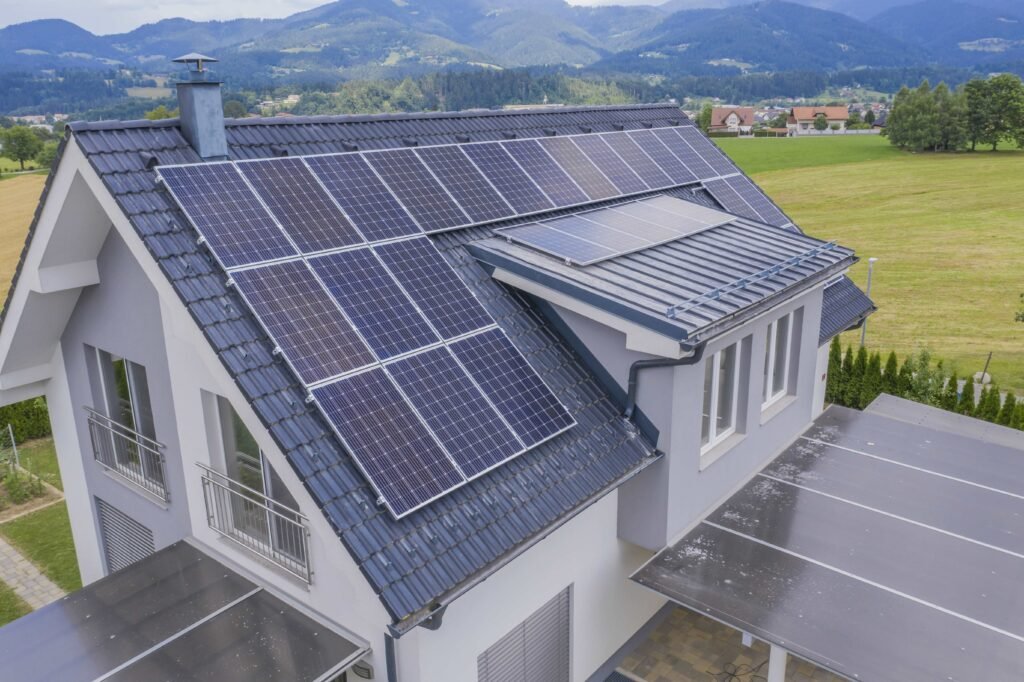
Investing in a solar panel system is a significant step towards sustainable living and energy independence. However, with various types available in the market, selecting the right system for your property can be overwhelming. This guide is designed to help you navigate through the options and make an informed decision.
Assessing Your Energy Needs
Start by examining your past electricity bills to determine your average energy consumption. This will give you a baseline to calculate the size of the solar panel system you need.
Understanding Peak Sunlight Hours
Research the peak sunlight hours in your location. This is the period when your solar panels will generate the most electricity and is crucial for determining system size.
Types of Solar Panel Systems
On-Grid Systems
These systems are connected to the public electricity grid and can supply power back to the grid when you produce more than you consume.
Off-Grid Systems
These systems are not connected to the electricity grid and typically require battery storage to provide power during non-sunny hours.
Hybrid Systems
Hybrid systems combine the features of both on-grid and off-grid systems, providing grid connectivity and battery storage.
Solar Panel Efficiency
Choose solar panels with higher efficiency ratings as they can generate more electricity in the same amount of space, making them ideal for properties with limited roof space.
Durability and Warranty
Opt for solar panels from reputable manufacturers that offer long warranty periods and have a proven track record of durability.
Cost and Financing
Evaluating the Total Cost
Consider not just the upfront cost, but also the long-term savings on your electricity bills. Don’t forget to factor in additional costs such as maintenance and the cost to pigeon proof solar panels, which is essential to protect your investment from bird damage.
Exploring Financing Options
Look into various financing options such as loans, leases, and power purchase agreements (PPAs) to find the one that suits your financial situation.
Professional Installation
Hiring a certified and experienced installer ensures that your system is correctly set up and maximizes energy production.
Conclusion
Choosing the right solar panel system for your property requires careful consideration of your energy needs, the types of systems available, their efficiency, durability, and cost. By taking the time to research and consult with professionals, you can find a system that not only meets your energy requirements but also provides long-term financial and environmental benefits.
FAQs
Q1: Can I install solar panels on a shaded roof?
A1: Solar panels perform best in direct sunlight. While they can still generate electricity in shaded conditions, their efficiency will be reduced. Consider trimming or removing obstructions that cause shading.
Q2: How do I maintain my solar panel system?
A2: Solar panels require minimal maintenance, mostly cleaning to remove dirt and debris. Regular inspections by a professional can help ensure they are in optimal condition.
Q3: Do solar panels increase property value?
A3: Yes, installing solar panels can increase the value of your property as they provide long-term energy savings and are an attractive feature for potential buyers.
Q4: What happens during a power outage?
A4: On-grid systems will shut down during a power outage for safety reasons. If you have an off-grid or hybrid system with battery storage, you can continue to have power.
Q5: Are there any government incentives for installing solar panels?
A5: Many governments offer incentives such as tax credits, rebates, and feed-in tariffs for solar panel installations. Check with local authorities to see what incentives are available in your area.
